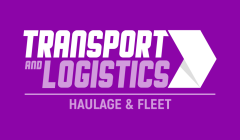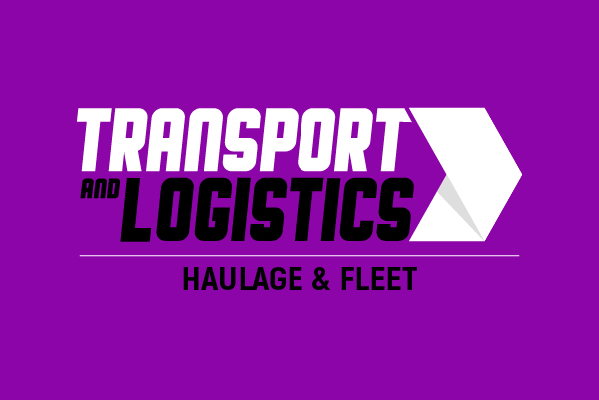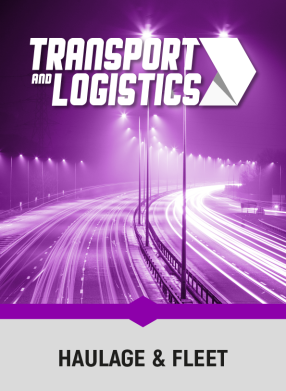As the political and humanitarian situation in Calais continues to unfold, the specialist freight transport insurer, TT Club provides a perspective on the implications for the freight and haulage industry and steps which operators can take to avoid heavy penalties from being caught carrying illegal immigrants. While focused on the current situation in Calais, the precautionary measures recommended are generally relevant.
The problem of illegal immigrants entering Western Europe has been a geopolitical issue for several years. Thus far in 2015 it is widely reported that there have been in excess of 37,000 attempts by immigrants to cross from France to England, the vast majority via Calais.
The commercial reality of the situation is highly damaging both for the local economies and the freight industry, the use of which unfortunately appears to be the preferred means of cross border movement. Substantial delays and property damage have ensued; the FTA (UK’s Freight Transport Association) estimates the cost to the industry to be £750,000 per day.
Are these costs to be augmented by operator’s liability for loss and damage to cargo? The action of breaking a cargo unit’s seal immediately brings into question the integrity of the cargo, but even minor human ingress will physically damage cargo. There have been reports of up to 30 people entering a single freight container. When cargo is intended for human consumption the result frequently is that the receiver will simply reject the entire cargo exposing the freight operator to significant claims as well as the costs of destruction and disposal. Furthermore, there are fines of £2,000 per immigrant discovered, which, subject to an appeal process, will be imposed on the driver and freight operator.
As far as cargo claims are concerned most shipments by road into the UK are subject to the Convention on the Contract for the International Carriage of Goods by Road 1965 (CMR). The Convention foresees such ‘unpreventable’ cases with the provision that protects the operator ‘in circumstances which the carrier could not avoid and the consequences of which he was unable to prevent’. However, successful defence of a claim is dependent on the circumstances and differing jurisdictional approaches.
So how can operators take preventative steps to help defend such claims and avoid fines?
It is essential not only to have a system in place but also to demonstrate that it is effective.
- Provide written procedures and instructions to all drivers, highlighting the risks.
- Provide robust security measures and devices to secure the vehicle, trailer and cargo.
- Provide all drivers with a security check list
- Provide training to all drivers on the above
- Closely monitor all drivers to ensure compliance.
- Regular checks of the vehicle, trailer and cargo, creating an audit trail.
The UK Border Force has published a document outlying 10 steps to avoiding a fine which can be found in several languages at:
https://www.gov.uk/government/publications/guidance-for-hauliers-on-preventing-clandestine-entrants
Applying sound practice, adequate training, use of security devices and regular checking procedures will help reduce exposures. Where an incident has occurred, however decisive early action to involve insurers and experts could result in mitigating the potential cargo claim and saving a portion of the cargo.
A fuller account of TT Club’s advice to cross-channel freight operators can be found on its website.












